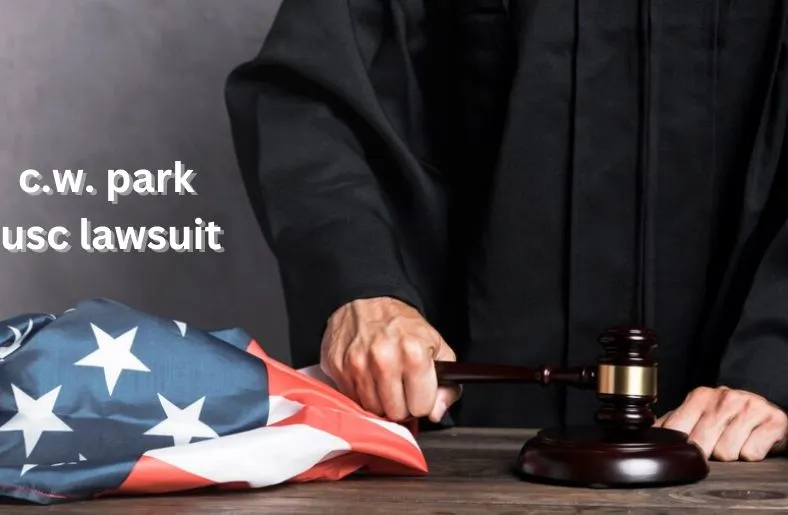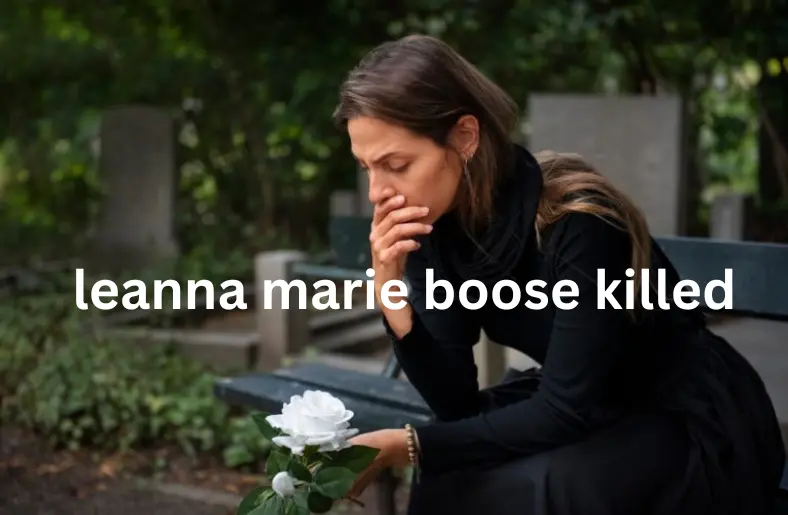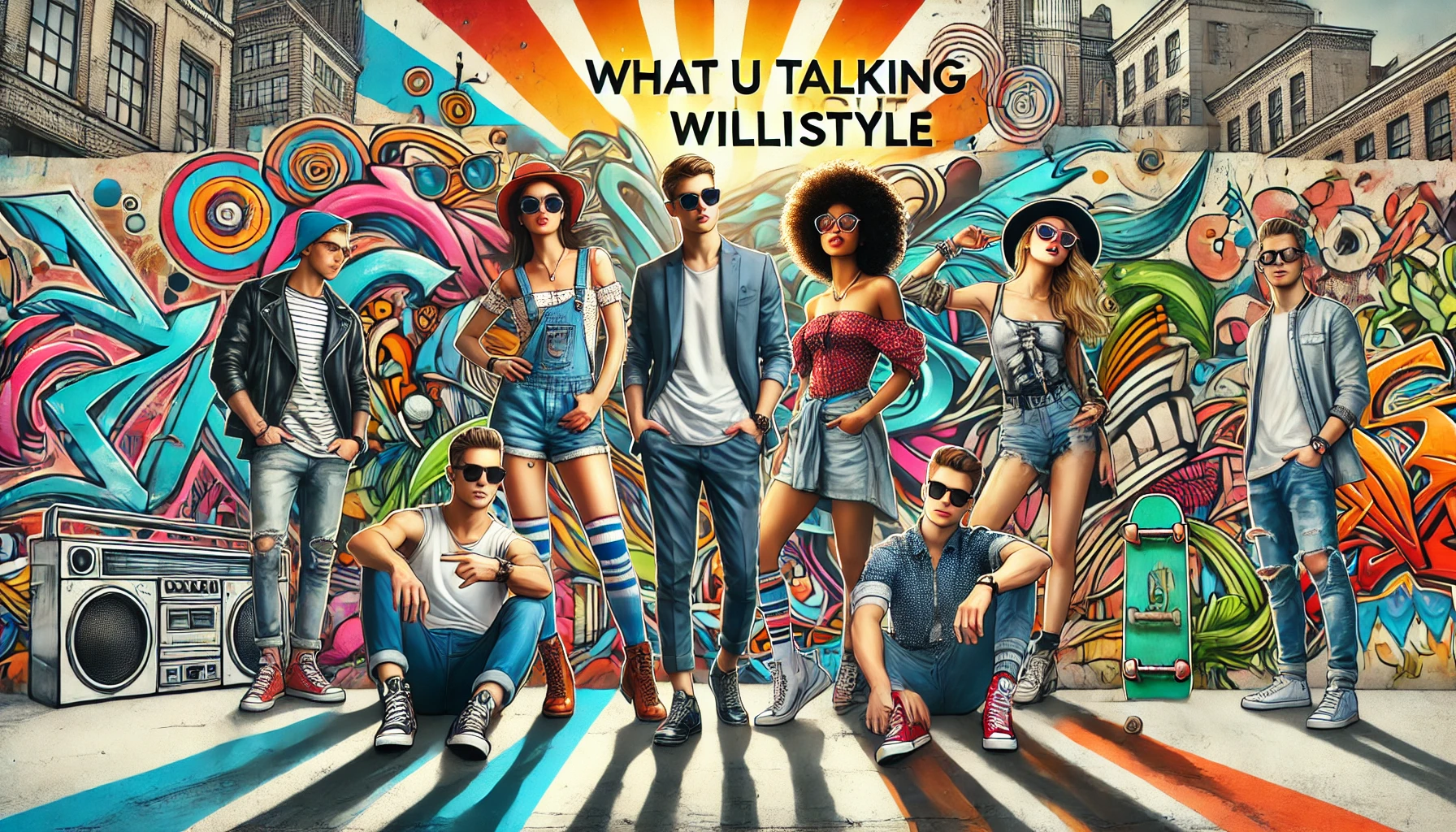The lawsuit involving C.W. Park and the University of Southern California (USC) has sparked significant discussions about academic integrity and the legal challenges facing higher education institutions.
The lawsuit has brought to light serious allegations against a distinguished professor, raising questions about the ethical responsibilities of faculty members and the measures universities must take to uphold academic standards. This blog post explores the specifics of the allegations, USC’s response, the broader implications for academic integrity, and the steps being taken to prevent future incidents.
Background of the C.W. Park USC Lawsuit
At the heart of the C.W. Park lawsuit are serious allegations of academic misconduct, including claims of data fabrication and plagiarism.
Allegations Overview
C.W. Park, a renowned marketing professor at USC, has been accused of manipulating research data and plagiarizing to publish misleading results in academic journals. These allegations have cast a shadow over his professional achievements and questioned the credibility of his work.
Key Evidence
An internal audit report by USC found multiple instances of data inconsistencies in Park’s published work. The report stated, “The patterns of data manipulation suggest a deliberate attempt to mislead readers and inflate the significance of the research findings.”
Legal Context
Park’s lawsuit also includes claims of racial discrimination and retaliation, further complicating the legal landscape and bringing additional scrutiny to USC’s handling of faculty misconduct.
USC’s Response to the Allegations
In response to these serious accusations, USC has taken a multifaceted approach to address the allegations and uphold its standards.
Legal Defense
USC’s legal team is actively defending against the lawsuit, arguing that the allegations are unfounded and that due process was followed during the investigation.
Policy Revisions
The university has revised its guidelines on research conduct, emphasizing the importance of transparency and accuracy in data reporting.
Enhanced Monitoring
USC has introduced more rigorous oversight mechanisms to ensure compliance with ethical standards. These include periodic audits and peer reviews of research activities.
Mandatory Training
All faculty members are now required to undergo regular ethics training to reinforce the importance of integrity in academic work. “We are committed to upholding the highest standards of academic integrity,” stated USC Provost Charles F. Zukoski.
Implications for Academic Integrity
The C.W. Park lawsuit underscores the critical importance of academic integrity and has prompted institutions nationwide to reevaluate their ethical guidelines.
Impact on USC’s Reputation
The lawsuit has significantly impacted USC’s reputation, raising concerns about the university’s commitment to maintaining high academic standards.
Broader Academic Impact
Other universities are watching USC’s response closely, as this case sets a precedent for handling similar allegations. It has sparked a broader discussion on the need for robust systems to detect and address academic misconduct.
Academic Freedom vs. Ethics
This case highlights the delicate balance between protecting academic freedom and enforcing strict ethical standards. Ensuring that faculty members can conduct research freely while maintaining integrity is a challenge for all educational institutions.
Reactions from the Academic Community
The academic community has reacted strongly to the C.W. Park lawsuit, sparking widespread discussions about misconduct and integrity.
Expert Opinions
Dr. Jane Smith, a professor of ethics at Harvard University, noted, “This case highlights the vulnerability of academic institutions to misconduct and the need for robust systems to detect and address such issues.”
Institutional Responses
Many universities are looking to USC’s response as a model for handling similar allegations, implementing stricter oversight and ethical guidelines.
Public Discourse
The lawsuit has generated significant media coverage and public debate, emphasizing the importance of transparency and accountability in academia.
Legal Challenges in Academia
Navigating allegations of misconduct within the legal framework poses significant challenges for universities.
Legal Complexities
Universities must balance legal principles with institutional policies when addressing misconduct. This includes ensuring due process while maintaining ethical standards.
Institutional Policies
The C.W. Park case illustrates the need for clear and enforceable policies governing faculty behavior, which must align with legal requirements.
Case Studies
Comparing this case with other notable incidents, such as those at Duke University and the University of Tokyo, reveals common challenges and responses in academia.
Preventing Similar Future Incidents
In light of the C.W. Park lawsuit, USC and other institutions are taking proactive steps to prevent similar incidents in the future.
Ethics Training Programs
USC has mandated ethics training for all faculty members to reinforce standards of conduct and integrity in research.
Research Oversight Mechanisms
Enhanced oversight includes periodic audits and peer reviews to ensure compliance with ethical standards in academic work.
Reporting and Accountability
Clearer procedures for reporting and addressing misconduct have been established, making it easier for individuals to come forward with concerns. Dr. Michael Brown, Director of Academic Affairs at USC, stated, “Our goal is to create an environment where integrity is paramount, and all members of our community are held to the highest standards.”
Conclusion
The C.W. Park USC lawsuit is a pivotal event in the academic world, highlighting the necessity for rigorous ethical standards and robust legal frameworks.
This case underscores the importance of maintaining academic integrity and provides valuable lessons for other institutions. By implementing revised guidelines, enhanced monitoring, and mandatory training, USC is taking significant steps to address and prevent future incidents of misconduct. The ongoing scrutiny and dialogue generated by this lawsuit will likely lead to stronger frameworks for academic governance, benefiting the broader educational community and reinforcing the foundational principles of scholarly work.
FAQs about the C.W. Park USC Lawsuit
Here are some frequently asked questions about the C.W. Park USC lawsuit and its broader implications.
What is the C.W. Park USC lawsuit about?
The lawsuit centers around allegations of academic misconduct, discrimination, and retaliation within USC’s Marshall School of Business.
What were the specific allegations in the lawsuit?
The allegations include sexual harassment, racial discrimination, and unethical behavior such as data manipulation and intellectual property theft.
How has USC responded to the allegations?
USC has placed Park on leave, revised its policies, and implemented enhanced oversight mechanisms to address and prevent such issues.
What impact has the lawsuit had on USC and its community?
The lawsuit has raised questions about academic integrity and ethical standards, sparking significant discourse within and beyond the university.
Are there other similar lawsuits at USC?
Yes, USC has faced other lawsuits related to discrimination and sexual misconduct, which are also under scrutiny.
What new policies has USC implemented in response to the lawsuit?
USC has strengthened its policies on sexual harassment prevention, reporting mechanisms, and accountability to create a safer and more inclusive environment.





